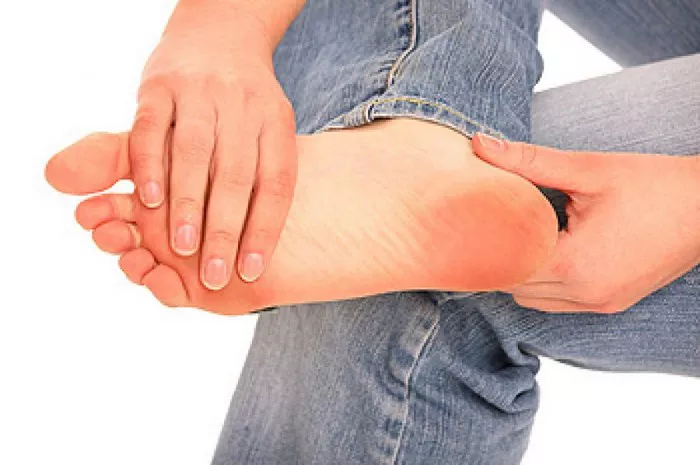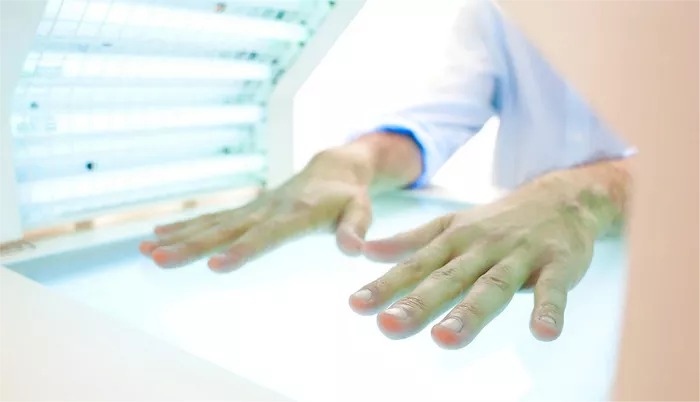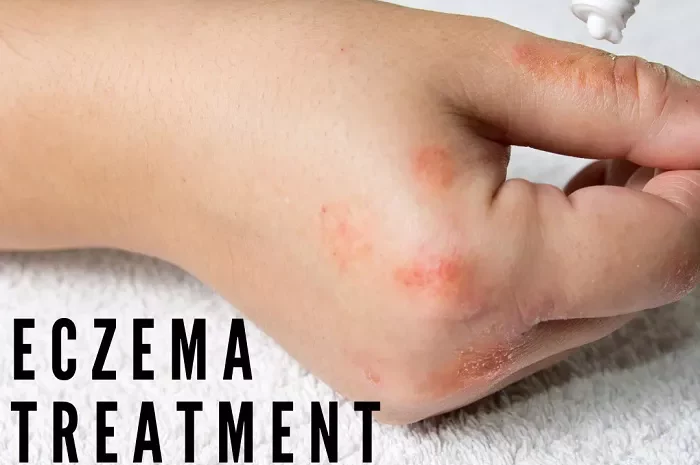Psoriatic arthritis (PsA) is a type of inflammatory arthritis associated with psoriasis, a skin condition. Many people with PsA experience a range of symptoms, and itching is one of them. This article will explore the relationship between psoriatic arthritis and itching, including causes, symptoms, and management strategies.
Understanding Psoriatic Arthritis
Psoriatic arthritis affects about 30% of people with psoriasis. It is an autoimmune condition where the immune system mistakenly attacks healthy cells. This leads to inflammation in the joints and skin.
Symptoms of Psoriatic Arthritis
The symptoms of psoriatic arthritis can vary widely from person to person. Common symptoms include:
Joint Pain and Swelling: Affected joints may feel painful and swollen.
Stiffness: Many people experience stiffness, especially in the morning or after sitting for long periods.
Nail Changes: Pitting, discoloration, and separation from the nail bed can occur.
Skin Plaques: Red patches of skin covered with thick, silvery scales are common in psoriasis.
The Connection Between PsA and Itching
Itching, or pruritus, is a common complaint among those with psoriatic arthritis. It can be caused by several factors, including:
1. Skin Inflammation
Inflammation in psoriatic arthritis can cause skin plaques to form. These plaques are often itchy and can vary in severity. The inflammation triggers nerve endings in the skin, leading to sensations of itchiness.
2. Dry Skin
Many people with psoriasis experience dry skin, which can lead to itching. When skin lacks moisture, it can become flaky and irritated, exacerbating the urge to scratch.
3. Secondary Infections
Scratching can break the skin barrier, making it more susceptible to infections. Infections can lead to increased itching and further skin irritation.
4. Systemic Factors
Psoriatic arthritis is a systemic condition, meaning it affects the entire body. This systemic inflammation can contribute to generalized itchiness, even in areas not affected by psoriasis.
How Itching Affects Quality of Life
Itching can significantly impact daily life. It can cause:
Sleep Disturbances: Persistent itching may disrupt sleep, leading to fatigue and decreased quality of life.
Emotional Distress: Chronic itching can lead to frustration, anxiety, and depression.
Social Isolation: Individuals may feel self-conscious about their skin condition and avoid social interactions.
Managing Itching in Psoriatic Arthritis
Managing itching is essential for improving quality of life. Here are several strategies:
1. Moisturizing
Keeping the skin hydrated is crucial. Use thick, emollient moisturizers daily to help combat dryness. Apply moisturizer right after bathing to lock in moisture.
2. Topical Treatments
Over-the-counter hydrocortisone creams can help reduce inflammation and itching. Other topical treatments, like coal tar, may also be beneficial for psoriasis-related itch.
3. Prescription Medications
For severe itching, a doctor may prescribe medications. Options include:
Topical Corticosteroids: Stronger than over-the-counter options, these can reduce inflammation and itching.
Immunomodulators: Medications like tacrolimus may help in managing skin symptoms.
4. Antihistamines
Antihistamines can provide relief from itching. They block histamine, a substance that causes itching and inflammation. However, consult a doctor before using these, especially at night, as some can cause drowsiness.
5. Phototherapy
Light therapy, or phototherapy, can be effective for psoriasis and may reduce itching. This treatment involves controlled exposure to ultraviolet light.
6. Stress Management
Stress can worsen symptoms of psoriatic arthritis. Techniques such as yoga, meditation, and deep breathing exercises may help manage stress and, consequently, reduce itching.
7. Avoiding Triggers
Identifying and avoiding triggers can help reduce flare-ups and itching. Common triggers include:
Harsh Soaps and Detergents: Use gentle, fragrance-free products.
Hot Water: Hot showers can dry out skin. Opt for lukewarm water instead.
Extreme Weather: Cold or dry weather can exacerbate skin issues. Dress in layers and use a humidifier in dry environments.
Consulting with Healthcare Professionals
If itching persists or worsens, it is important to consult a healthcare professional. They can help tailor a management plan specific to individual needs. Dermatologists and rheumatologists play key roles in treating psoriatic arthritis and its skin symptoms.
Conclusion
Psoriatic arthritis can cause significant itching, impacting quality of life. Understanding the causes of itching and implementing effective management strategies can help alleviate discomfort. Keeping the skin moisturized, using appropriate treatments, and consulting with healthcare professionals are essential steps in managing this condition. By taking proactive measures, individuals with psoriatic arthritis can improve their quality of life and reduce the burden of itching.
Related topics:


























